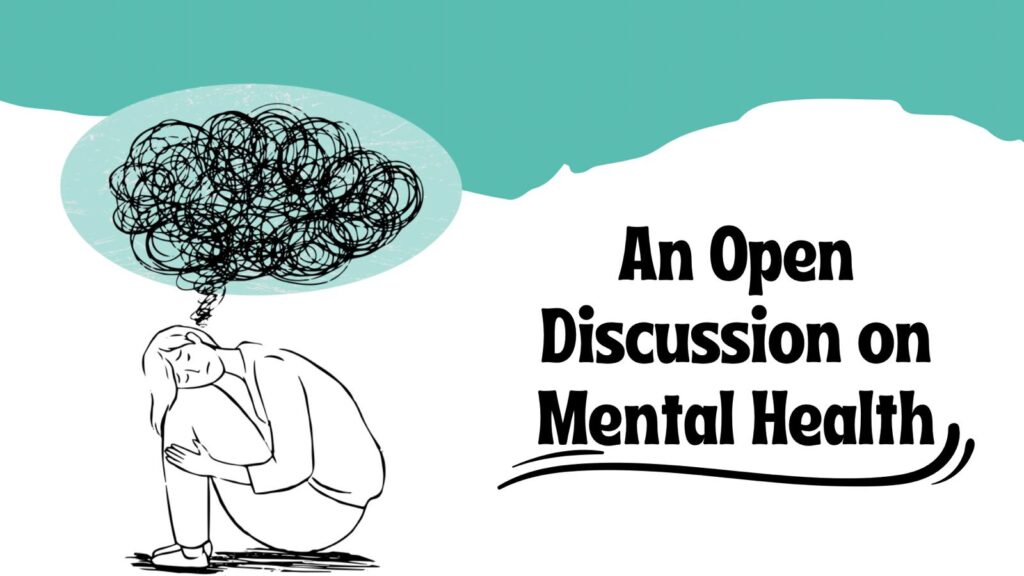
Managing stress and anxiety is essential for maintaining overall mental health and well-being. In today’s fast-paced world, individuals often face various stressors that can impact their mental and emotional state. This article explores effective strategies and techniques for managing stress and anxiety, promoting resilience, and improving mental health outcomes.
Understanding Stress and Anxiety
1. Identify Triggers
Recognize and identify triggers that contribute to stress and anxiety. Common triggers may include work pressure, financial concerns, relationship issues, or major life changes. Understanding triggers helps in developing proactive coping strategies.
2. Mindfulness and Relaxation Techniques
Practice mindfulness meditation, deep breathing exercises, progressive muscle relaxation, or yoga to reduce stress and promote relaxation. These techniques help calm the mind, regulate emotions, and alleviate physical tension associated with anxiety.
3. Time Management and Prioritization
Manage time effectively by prioritizing tasks, setting realistic goals, and breaking tasks into manageable steps. Effective time management reduces feelings of overwhelm and enhances productivity, creating a sense of control over daily responsibilities.
Lifestyle Modifications
1. Regular Physical Activity
Engage in regular exercise, such as walking, jogging, swimming, or cycling, to release endorphins and reduce stress hormones. Physical activity improves mood, boosts energy levels, and promotes overall well-being.
2. Balanced Nutrition
Maintain a balanced diet rich in fruits, vegetables, whole grains, lean proteins, and healthy fats. Avoid excessive consumption of caffeine, alcohol, and sugary foods, as these can exacerbate anxiety symptoms and affect mood stability.
3. Quality Sleep
Prioritize sleep hygiene by establishing a consistent sleep schedule, creating a relaxing bedtime routine, and minimizing disruptions in sleep environment. Quality sleep supports cognitive function, emotional resilience, and stress management.
Cognitive and Behavioral Techniques
1. Cognitive Behavioral Therapy (CBT)
CBT techniques, such as cognitive restructuring and problem-solving skills, help individuals identify negative thought patterns, challenge irrational beliefs, and develop healthier coping strategies. CBT is effective in managing anxiety disorders and improving emotional regulation.
2. Positive Self-Talk
Practice positive self-talk and affirmations to cultivate self-esteem, resilience, and optimism. Replace self-critical thoughts with compassionate and encouraging statements to promote a positive mindset and reduce stress levels.
Social Support and Connection
1. Seek Support
Connect with supportive friends, family members, or a therapist to share concerns, seek guidance, and receive emotional support. Social connections reduce feelings of isolation, loneliness, and emotional distress associated with stress and anxiety.
2. Set Boundaries
Establish healthy boundaries in relationships and work environments to prioritize personal well-being and reduce stress. Learn to say no to excessive commitments, delegate tasks, and allocate time for self-care activities.
Professional Support and Resources
1. Therapy and Counseling
Consider professional therapy or counseling to explore underlying causes of stress and anxiety, learn effective coping skills, and develop personalized treatment plans. Therapy provides a safe space to address emotional challenges and promote mental health recovery.
2. Mental Health Resources
Access mental health resources, support groups, hotlines, or online forums for additional guidance, information, and peer support. Stay informed about local mental health services, crisis intervention resources, and self-help strategies.
Conclusion
Managing stress and anxiety is a journey that involves adopting holistic approaches to promote mental health and resilience. By integrating mindfulness practices, healthy lifestyle habits, cognitive strategies, and social support networks, individuals can effectively manage stressors, improve emotional well-being, and cultivate a balanced and fulfilling life. Prioritize mental health matters by implementing these strategies to navigate challenges, build resilience, and achieve lasting mental wellness.